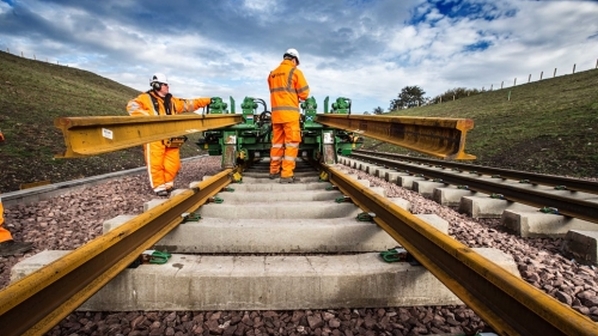Passenger train performance was significantly worse for nearly all targets agreed between NR and its TOC customers, with adverse weather and serious problems implementing the May 2018 timetable contributing significantly to the problem.
Following breaches in NR’s licence on performance in autumn 2018, ORR issued an order requiring the company to immediately identify and address issues with train performance and service recovery. ORR says NR replied positively, submitting a thorough response detailing how it was tackling the systemic issues and establishing a stronger grip on how train performance is planned, monitored and delivered, alongside seeking wider changes to the whole industry approach to performance.
ORR’s monitor also shows that NR overspent against its internal budget in every year of CP5. The regulator said this was due to declining efficiency, higher payments to operators as compensation for poor train performance, and overspend on enhancement projects, but remained within its overall funding envelope.
NR used all of its available CP5 borrowing, but did not exceed the available funds. In CP6, Network Rail will no longer borrow other than to refinance existing debt, and will be subject to more restrictive government budgetary processes. Maintaining this focus on cash management will be important given the limits on NR’s ability to move funding between years.
Efficiency has been a challenge for NR, and the ORR wrote to it detailing concerns about its efficiency plans for CP6. ORR says NR’s routes are showing progress in their renewals and efficiency planning for 2019-2020 but more needs to be done.
NR’s performance in the freight sector remained strong through 2018-2019, with delays dropping from 12.1 minutes to 11.6 minutes per 100 train-km, while on-time arrivals reached 94%. Infrastructure reliability also improved over the past 12 months.
“NR’s performance in the past 12 months mirrored the previous years of CP5,” says Mr Graham Richards, ORR director, planning and performance. “On the key areas of passenger train performance and efficiency, we have been challenging NR throughout the year and have seen some positive action. There needs to be a continued focus for this improvement to be sustained.
“There were over 1.7 billion rail passenger journeys in Britain during 2018-2019, each relying on both NR and train operators getting things right. The new control period which started in April offers a fresh start, and our enhanced monitoring and where appropriate enforcement, is designed to identify issues earlier. We have also changed our approach to monitoring each of NR’s regions, which will feature more prominently in future publications.”

